Most kids dream of following a treasure map in search of gold doubloons, magical myths and long-dead pirates named for their physical attributes. Heck, I wanted to be one of those pirates. Even if somewhere deep down there was the knowledge inside me that I was more likely to find a leprechaun prancing around a raspberry bush in my suburban neighborhood than there would be finding buried treasure in the empty lot next door, I held out hope. Hope for a grand adventure, hope for untold fortunes, hope for a parrot named Polly and a name that matched the colour of my beard. I firmly believe this is a largely universal hope amongst children all over the world because it ultimately stems from the hope for adventure and something more. Perhaps this is why I enjoy Richard Donner’s The Goonies more than I probably should and have it high in my personal canon of cinematic pleasures.
Released during the height of my childhood, The Goonies is an adventure tale of a small group of young boys who set out on a treasure hunt. Standing over them is the very real threat of seeing their posse split up because of high interest rates that have put all of their families in dire straits. The boys are a ragtag lot of stereotypes and simplistic characterizations. Data (Jonathan Ke Quan) is an Asian gadget wiz, Chunk (Jeff Cohen) is the overweight kid everybody makes fun of, Mouth (Corey Feldman) lives up to his name, Brand (Josh Brolin) is the jock and Mikey (Sean Astin) is the lovable kid whose cheeks you can’t help want to squeeze. Together they make up the Goonies, an unofficial club who hang out together and define the youth of their suburban Oregon neighborhood.
With the accidental discovery of a treasure map, the Goonies set out on a hint for the long-lost gold of a pirate named One-Eyed Willy. Along for the ride are the Fratellis, a trio of wanted criminals on the lamb from the law.
The Goonies is full of shallow humor that panders to a young audience. But with its universal search for adventure, the film also taps into a broader audience as it “panders” to almost everyone who was young and dreamed. I have fond memories of the film from my youth, which may cloud my judgment somewhat today, but something has to be said for a film that I continue to watch over and over again.
There’s a genuine sense of wonderment that carries throughout the film. Whether it’s an organ that threatens death if the wrong note is played, a wishing well that talks back to you or a pirate ship, the surface of The Goonies is all about a child’s innocence and faith in the unlikely. But take a look at the film’s backdrop. Question why these children are being forced from their homes. The Goonies exists as comfort for those caught up in deeper situations that they might want to be. The Goonies exists for the innocents of the world.
In 1984 my mother was forced to walk away from our home because of insane mortgage rates. It happened to thousands of others as well around the world. This is the same situation that is threatening to break up the Goonies team. Donner taps into a very real problem from a specific period but he applies universal dreams that work to keep The Goonies relevant today for a new generation of children, young and old, who are caught up in a world that still doesn’t look out for its innocents as much as it ought to.
The Goonies Gallery
The Goonies Trailer
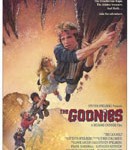
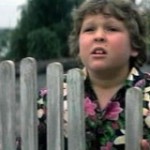
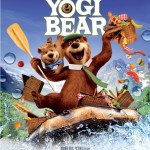
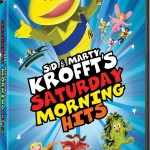

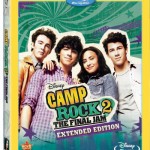
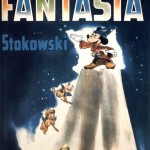
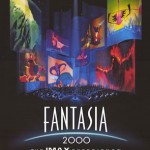
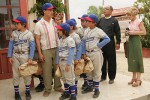
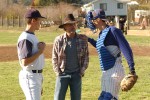
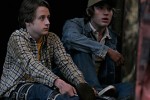
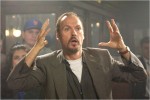
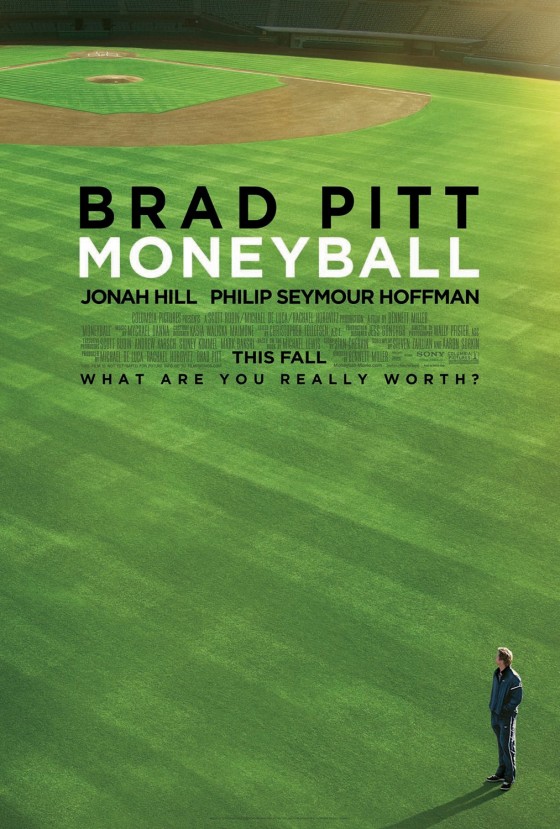
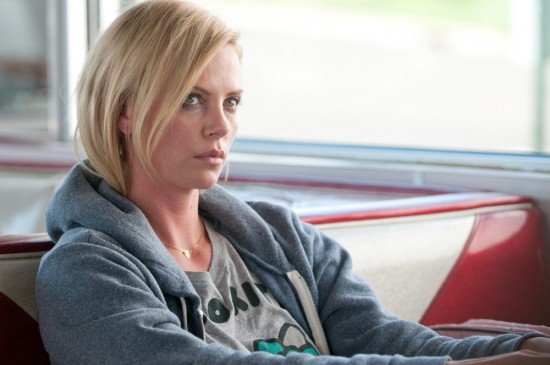
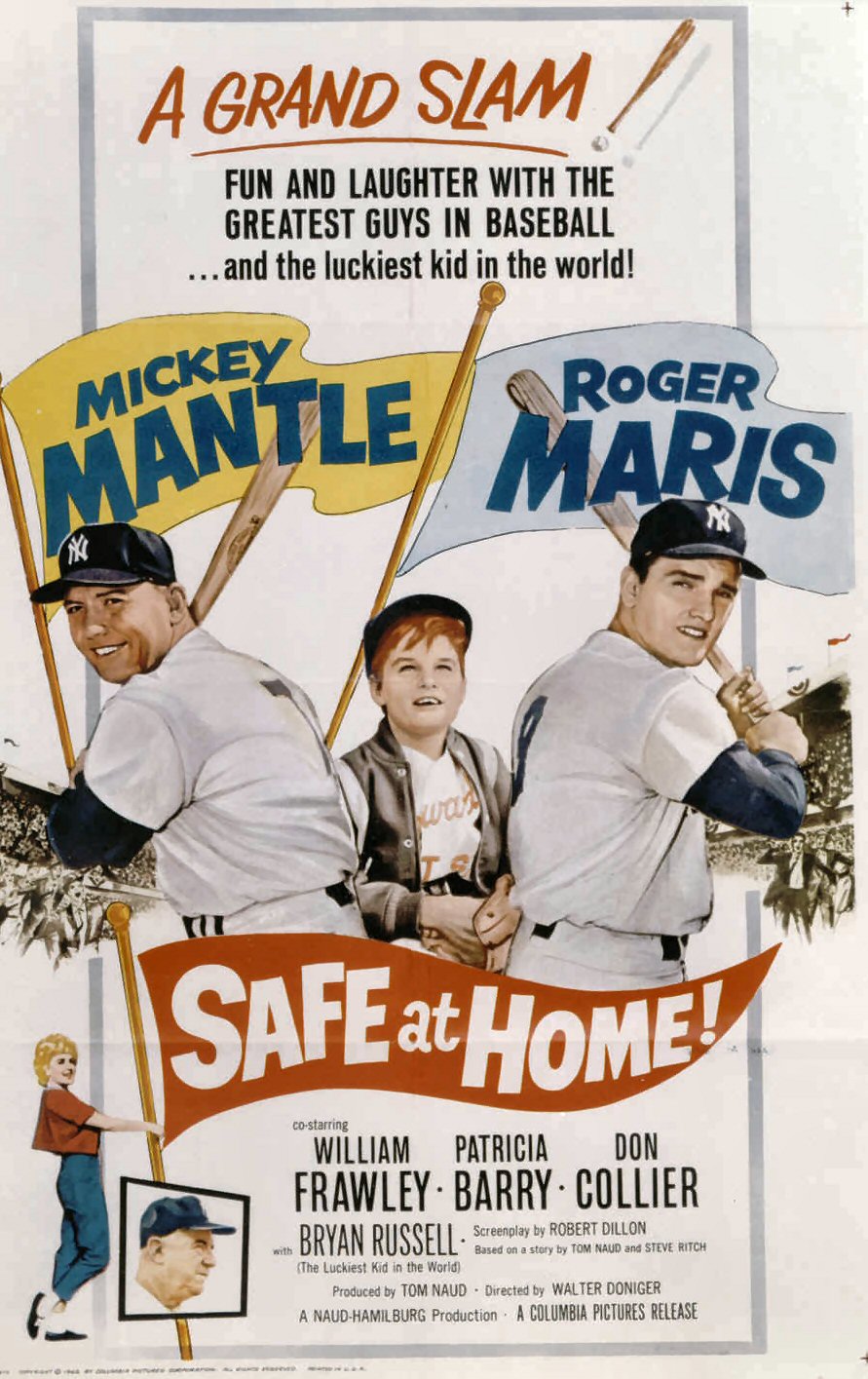
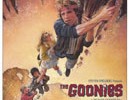
Nice piece but it wasn’t just boys – there were two girls in the group. Keri Green played Andy and Martha plimpton played Stef. They had key roles in sharing the adventure with the boys.
This is a very special film for the very reasons you described above–I think it transcends what the filmmakers ever intended for it to be. It was a time and a place for a lot of us, as kids filled with hope of adventure and wild imaginations on the cusp of adolescence and the realities of the world. It’s about rebelling against growing up and against a loss of innocence. It’s all summed up Mouth’s monologue at the wishing well “This is my wish, my dream…” We all wanted to find that treasure map and the Goonies did it. This film represented so many of our dreams, that is why we keep coming back, if only to hold onto that part of ourselves.